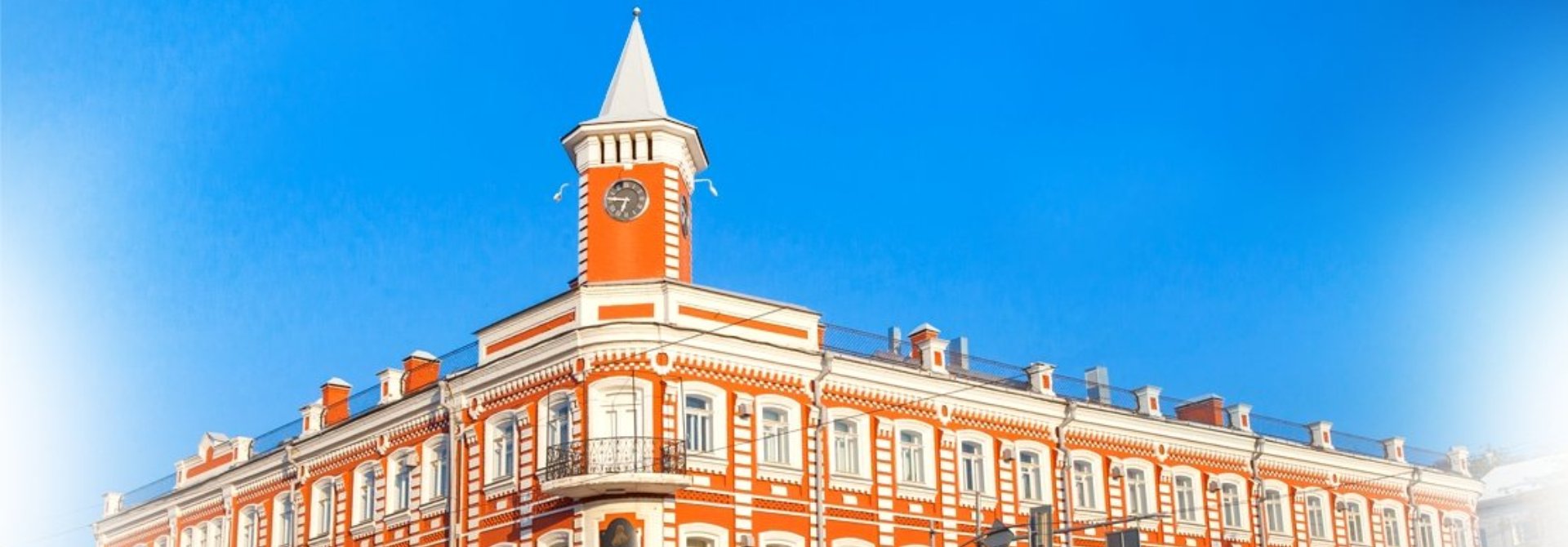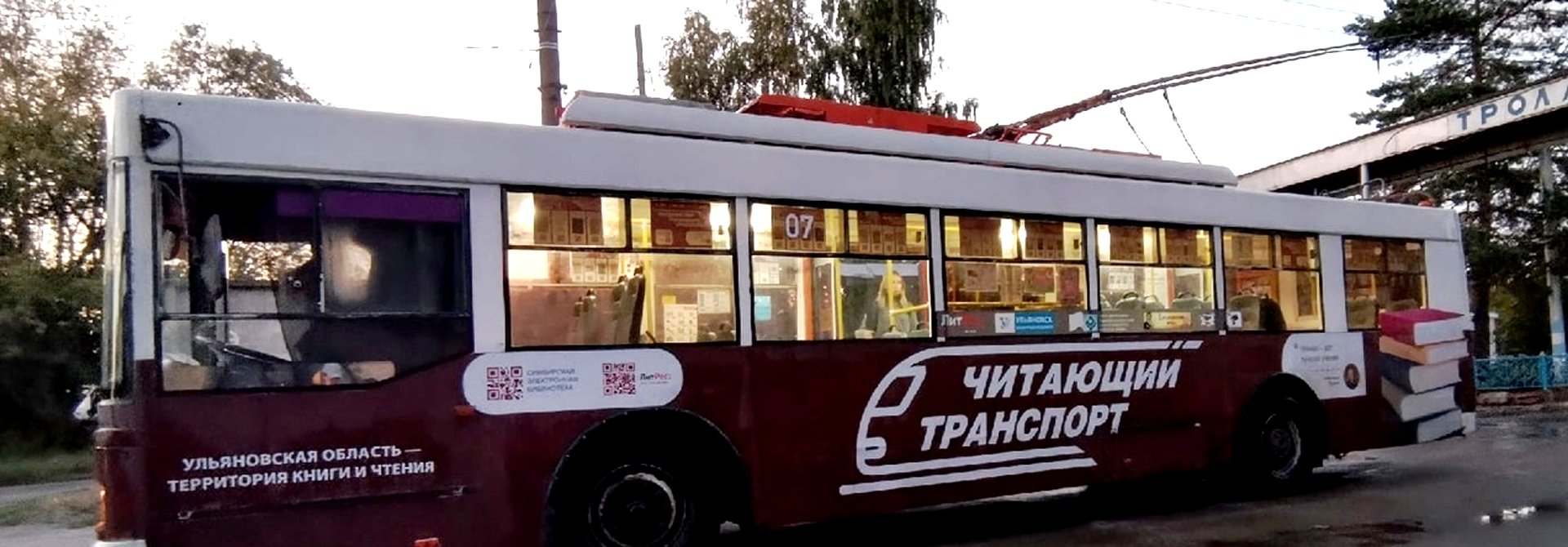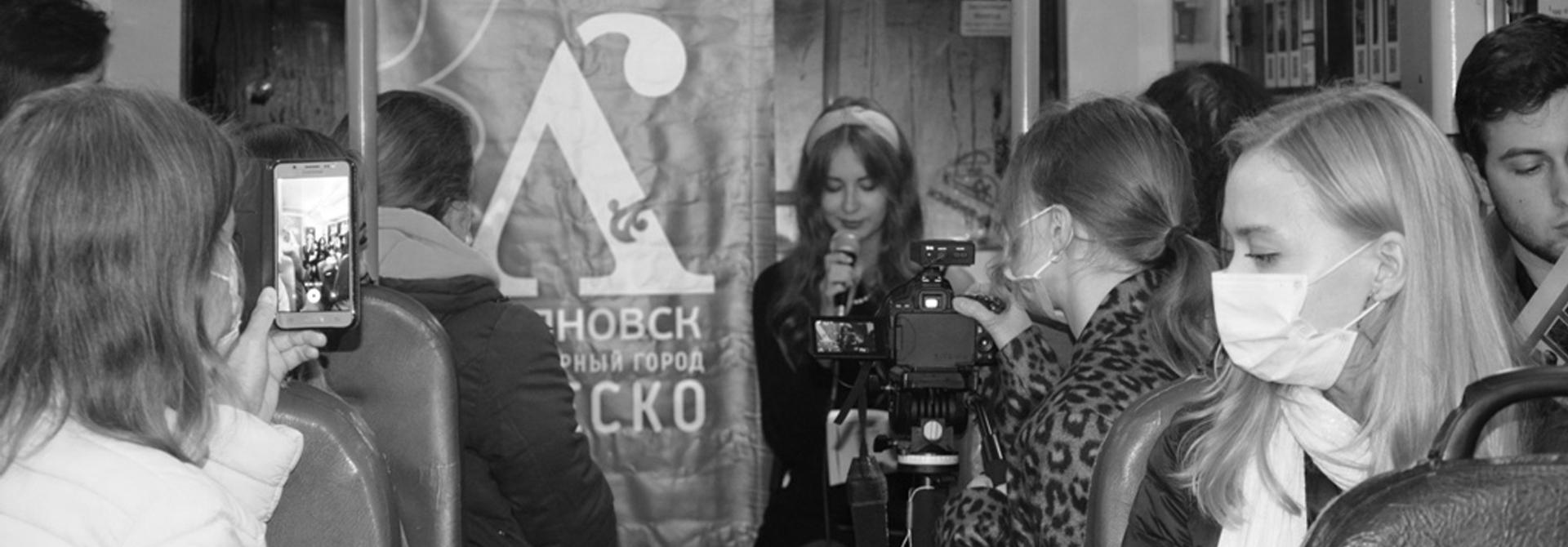
The Ulyanovsk UNESCO City of Literature Program Directorate continues publishing The Only Question - new international project - materials. 40 authors from 18 UNESCO literary cities (or related cities) participate in the project. Meet our new guests – the authors from Heidelberg and Ulyanovsk – Juliane Sophie Kayser and Gala Uzryutova.
The organizers invited writers, poets, playwrights, translators from UNESCO literary cities to imagine they have the opportunity to ask just one question to an author from any other literary city. The initiative will help to introduce the authors from the literary cities to each other and establish their dialogue. The project will also let to understand what issues are of concern to authors from different countries today. Besides, it will provide an opportunity for readers to get to know new writers and poets.
Questions and answers by the authors (in Russian and English) along with a short biography of each participant and links to their publications will regularly appear on the Ulyanovsk UNESCO City of Literature Website, other literary cities' websites, and social media, etc. Writers' dialogs will also be offered for publication on the project partners' platforms (literary magazines, libraries, literary media, and mass media). As a result of the project, in summer 2022 an online anthology.
Gala Uzryutova
Thank you for such an interesting question, dear Juliane! I don’t think a poem can solve any problem, but what it can definitely do is draw attention to a certain situation. And we know such examples when poetry helped to attract the public and media attention to environmental and social problems, the problem of violence, injustice, and many others.
The only problem that a poem can solve is a certain internal problem of the author, about which he sometimes doesn’t even know. Then, after writing the poem, the author will feel relief for a while, albeit for a short time. For me, a text is an absolutely physical thing, be it a poem or prose, and I’m convinced that a strong text also works physically, it can literally be felt physically. Just like feeling inside what a poem does to you physically. When I’m writing a poem, it’s often an unpleasant sensation, because it accumulates inside, and then tears you from the inside, and I want to get rid of this feeling as soon as possible, which can last for several hours or days. This is because the poem is much larger than you, and it doesn’t fit inside of you. How does a person get the idea that he is capable of writing poems? So, the poem itself can become a problem for the author, especially if it cannot be blown up for a long time. While you’re writing it, you’re solving this problem of scale mismatch without realizing it. And when it finally bursts, you have the feeling that the problem is solved, although this is, of course, a short-lived illusion.
But what's more important is that a poem can become a prayer and consolation.
ABOUT THE AUTHORS
Juliane Sophie Kayser

Juliane Sophie Kayser is a German/ American fiction and poetry writer for children and adults. She just presented her fifth book at the frankfurt bookfair: her first volume of poetry. She also gives creative writing workshops for children and teens. Since September 2019 she was appointed by the human rights organisation International Justice Mission as the first writer to become an artists embassador. So with IJM she fights modern slavery. She is married and has three children. www.julianekayser.de

Photo by Alexander Znak
Gala Uzryutova is a Russian poet, writer, playwright, and author of interdisciplinary art projects, many of which are related to landscape mentality issues. She was born in 1983 in Ulyanovsk (Russia), graduated from the Ulyanovsk State University.
Books
1. «Turned around, and there was a forest», poetry (Russian Gulliver PH, Moscow, - 2015).
2. «Sasha Country», Young Adult (KompasGuide PH, Moscow - 2019). The book is being filmed by the Vega Film Company.
3. «The snow I missed», prose (Bookscriptor, Moscow, - 2018).
4. «All the names are occupied, but one is vacant» (poetry in English, translated by a Canadian poet Stuart Ross and the author). – Proper Tales Press, Canada, 2021.
Winner of the Moscow Contemporary Art Museum Garage Self-Isolation contest (2020); scholar of the Culture on the Move Goethe-Institut Programme (2019), laureate of the Russian-Italian Literary Award Rainbow (Verona, 2019), European Drama Contest Eurodram (2018), Literary Prose Award Bookscriptor 2018, International Drama Contest Badenweiler 2016, Blagov Poetry Award 2016, Russian Gulliver Special Poetic Award 2014.
She worked at Writers 'Residences in Ventspils, Ljubljana, Virtual Writers' Residency in Nanjing and Virtual Writers' Residency in Melbourne. Her texts were translated into Deutsche, English, Slovenian, Latvian, Italian, Lithuanian, Chinese, Ukrainian. A Member of the Moscow Writers' Union. www.galauzryutova.com
Previous issues:
- Heidelberg-Ulyanovsk – Şafak Sariçiçek and Sergei Gogin
- Melbourne - Heidelberg – Christopher Raja and Klaus Kayser
- Calgary-Mannheim - Kelly Kaur And Claudia Schmid
- Melbourne And Ulyanovsk - Rijn Collins and Gala Uzryutova
- Heidelberg - Nottingham – Ingeborg von Zadow and Leanne Moden
- Durban-Ulyanovsk – Adiela Akoo and Sergei Gogin
- Heidelberg-Ulyanovsk|Moscow – Şafak Sarıçiçek and Irina Bogatyryova
- Yekaterinburg-Iowa City – Ekaterina Simonova and Jacquelyn Bengfort
- Iowa City-Québec – Jeremy Geragotelis and Vanessa Bell




